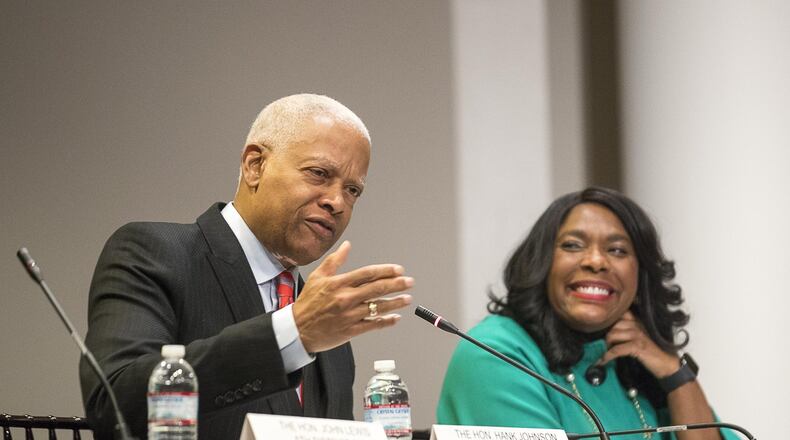When the Supreme Court effectively eliminated federal oversight of precinct closures, the court left it to Congress to revise the Voting Rights Act of 1965 based on current conditions rather than those seen during the civil rights movement.
A bill that passed the U.S. House this month, the Voting Rights Advancement Act, aims to restore the protections and preclearance provisions of the original Voting Rights Act while taking into account the Supreme Court's ruling.
Rather than setting a list of states that need federal approval to make changes in election procedures, the VRAA would update the list of states every year, narrowly tailoring the bill to the Supreme Court’s ruling, its sponsors believe. The legislation considers jurisdictions’ voting rights record over the previous 25 years. States would be added to the list if they had more than 15 voting rights violations in that time — 10 if at least one was committed at the state level.
Currently, 11 states would be expected to qualify if the law passed today: Alabama, California, Florida, Georgia, Louisiana, Mississippi, New York, North Carolina, South Carolina, Texas and Virginia.
Opponents of the measure, including U.S. Rep. Doug Collins, said the Voting Rights Act’s protections against discrimination remain in force even though the requirement for federal preapproval of election changes has been lifted.
“This bill would essentially federalize state and local election laws when there is absolutely no evidence whatsoever that those states or localities engaged in any discriminatory behavior when it comes to voting,” said Collins, a Gainesville Republican.
The AJC’s analysis shows how changes in voting locations have disproportionate impacts on voters of different races.
U.S. Rep. Terri Sewell, the bill’s sponsor, said voters need the full force of the Voting Rights Act to stop race-based inequities.
“We still have a very serious problem of voter discrimination and voter suppression all across this nation,” said Sewell, a Democrat from Alabama. “Congress needs to speak up for those who are voiceless. And restoring the vote is about restoring the voices of those who have been excluded.”
That legislation cleared the Democrat-controlled House of Representatives along a mostly party-line vote, 228-187, on Dec. 6. The bill is expected to face stiff opposition in the Republican-led Senate, where its critics resist restoration of federal supervision of state election laws.
The Latest
Featured




